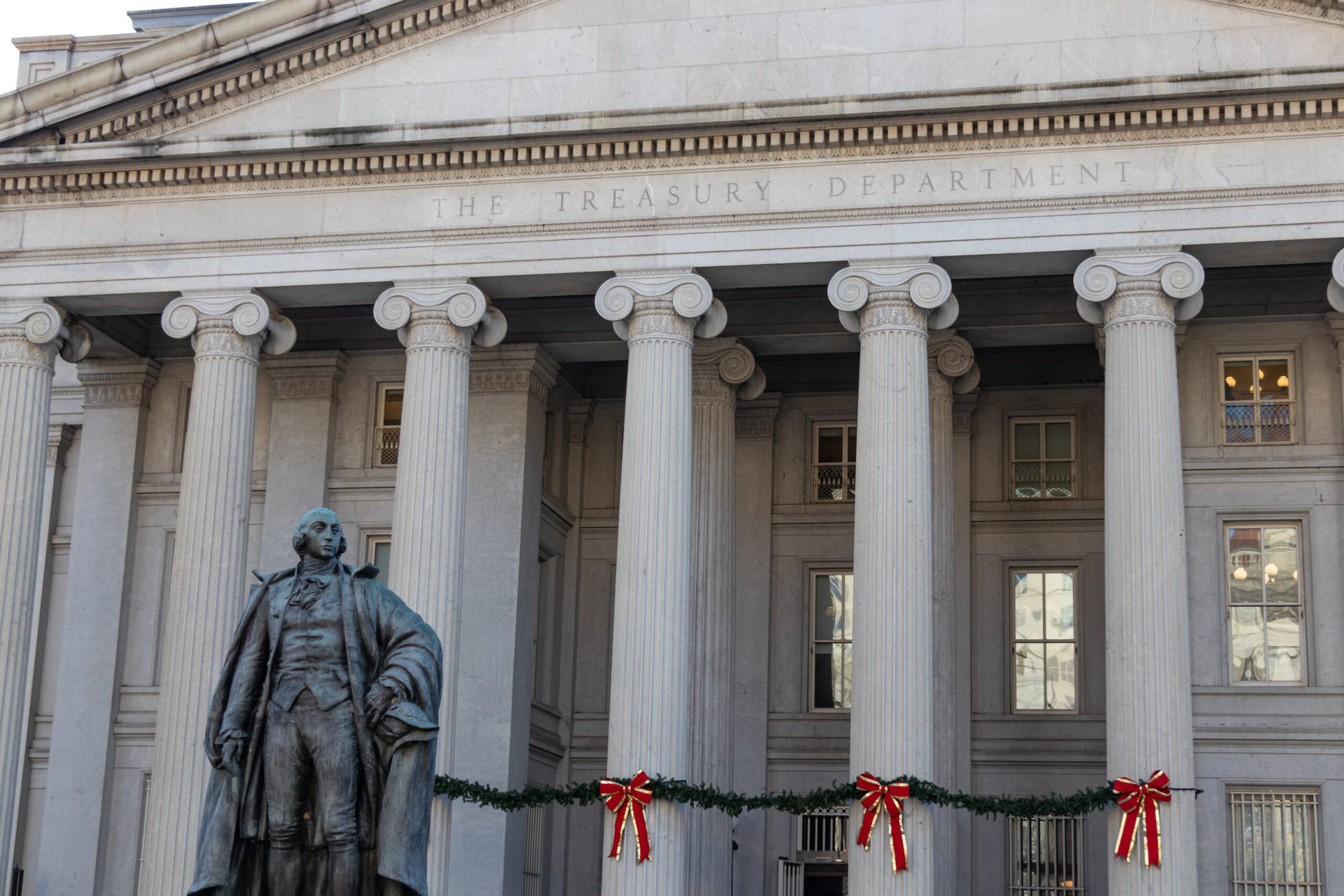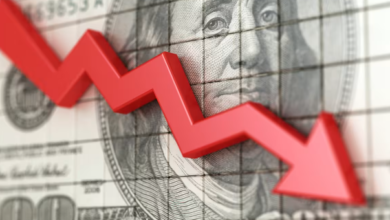This Savings Bond Now Pays Nearly 7% — Should You Buy?

In a world where you are lucky to earn 2% on your savings, the federal government is offering a risk-free return of nearly 7%.
For the next six months, the combined rate on Series I savings bonds — which earn interest based on both a fixed rate and a variable inflation-based rate — will be 6.89%, the U.S. Department of the Treasury announced Nov. 1.
The fixed rate will be 0.4%, while the variable rate will be 6.48%.
The bad news is the new combined rate represents a decrease: For the past six months, Series I savings bonds — which are also known as “I bonds” and sometimes referred to as “inflation bonds” — offered a record-high combined rate of 9.62%.
The fixed rate was lower during those six months, 0%, but the variable rate was much higher, 9.62%.
But again, the new combined rate still beats the pants off current bank rates and involves zero risk, so I bonds still might be worth considering, depending on your financial goals. But first, there are some important things to keep in mind.
For starters, remember that the new variable rate of 6.48% is only good for the first six months you own the bonds.
Each year, the federal government sets rates for I bonds at the start of May and the start of November. So, on May 1, 2023, the variable rate will reset for another six months. That rate could be higher or lower than the present rate, depending on what happens to inflation.
The fixed rate applies for the 30-year interest-bearing life of the bond. So, if you buy an I bond between now and late April 2023, the fixed rate will be 0.4% for the next 30 years.
Series I bond interest accrues monthly and compounds semiannually.
Also, you generally can purchase only $10,000 worth of electronic I bonds during a calendar year. You can purchase an additional $5,000 in paper I bonds as well, but only if you use your federal income tax refund to do so.
Finally, you cannot redeem your I bonds for a period of one year. And if you cash them before they are 5 years old, you will forfeit three months’ worth of interest.
Series I bonds earn interest for 30 years. You can either pay the taxes on this interest every year or defer the taxes until you cash the bond. You might be able to avoid paying taxes altogether if you use the bonds for higher education expenses.
Buying bonds can seem a bit stodgy. But as Money Talks News founder Stacy Johnson has said, I bonds are a good investment for multiple reasons. For more on Stacy’s take, check out “Should I Buy Inflation Bonds?”
Unsure if you have the right mix of savings and investments? Stop by Money Talks News’ Solutions Center and find a fee-only financial planner.
Source link





